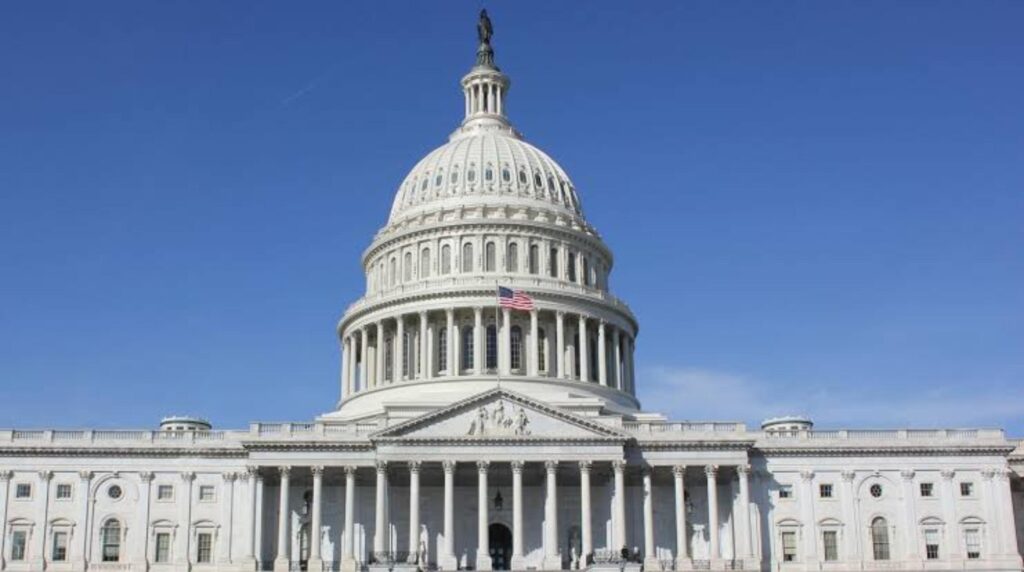The Likely DJI Ban: What It Means for Drone Pilots in the U.S.
Over the past several months, uncertainty has been growing in the drone community surrounding the future of DJI drones in the United States. With the 2025 National Defense Authorization Act (NDAA) and new Federal Communications Commission (FCC) actions, DJI—the world’s leading drone manufacturer—faces the possibility of being banned from new U.S. sales by the end of this year.
Here’s what’s happening and what it means for drone pilots and hobbyists.
Background: How We Got Here
For years, U.S. government agencies have been prohibited from purchasing or using drones made by Chinese companies, including DJI, due to cybersecurity and data-privacy concerns.
The 2025 NDAA extends this policy. By December 23, 2025, if the National Security Agency (NSA) does not complete an audit and confirm that DJI is not a national-security threat, DJI will be added to the government’s “covered entities” list.
This would make DJI ineligible for new FCC equipment authorizations, effectively blocking new DJI drones from being legally sold in the U.S.
Read the full text of the law:
H.R. 5009 – 2025 National Defense Authorization Act
FCC’s Expanding Authority
Adding to the uncertainty, the FCC recently voted to grant itself authority to revoke previously approved equipment certifications.
If the FCC exercises this power, it could retroactively remove authorizations for DJI drones that are already on the market—potentially making them illegal to operate under U.S. communications law.
So far, the FCC has not announced exactly how it will handle existing equipment after the NDAA deadline, but the timing suggests possible enforcement after December 23.
What This Means for Current DJI Owners
If you already own a DJI drone, there’s no need to panic—but you should prepare for a few changes.
Your drone will continue to work.
The FCC cannot remotely disable existing drones, and DJI drones will still fly normally.
Firmware and app updates may stop.
DJI may be required to halt firmware updates or remove app functionality in the U.S., especially related to geofencing and flight zones.
Warranty and repair services may end.
DJI’s ability to offer official support or warranty work in the U.S. could be suspended.
Gray-area legality for commercial pilots.
Even if your drone remains functional, loss of FCC certification could technically make it non-compliant for Part 107 commercial operations.
In other words: your drone won’t stop working—but its long-term legality and support may change.
Buying a New Drone? Think Twice About DJI
Right now, buying a new DJI drone in the U.S. is nearly impossible. Retailers across the country are reporting out-of-stock models due to customs delays, the FCC’s pause on new equipment authorizations, and overall uncertainty around the NDAA’s review deadline.
If you’re in the market for a new drone, it’s wise to avoid DJI for the moment and consider alternatives from companies not affected by the ban.
Recommended Alternatives to DJI
Here are several trusted options:
-
Parrot – France-based; NDAA-compliant and widely used for education and public safety
-
Autel Robotics – U.S.-based; offers strong camera performance and competitive pricing
-
Skydio – American-made; known for its autonomous flight and robust software ecosystem
See a full list of DJI alternatives here:
Drone Pilot Ground School: DJI Alternatives
Industry Impact
If DJI is banned, it would mark a major shift in the global drone landscape. DJI currently holds a dominant market share in both consumer and professional drone segments.
While U.S. and European manufacturers may benefit in the long run, supply shortages and higher prices are likely in the short term as the market adjusts.
This also presents new opportunities for domestic innovation, with companies like Skydio, Autel, and Parrot expanding production and R&D efforts to fill the gap.
Final Thoughts
For now, DJI owners can continue flying safely and legally, but it’s smart to monitor developments closely as the December 23 deadline approaches.
If you’re considering a new drone purchase, choose a non-DJI brand to ensure long-term compliance and support.
At Twin Cities Drone School, we’ll continue to track updates from Congress, the FCC, and major manufacturers to help our students and commercial pilots stay informed and compliant.


